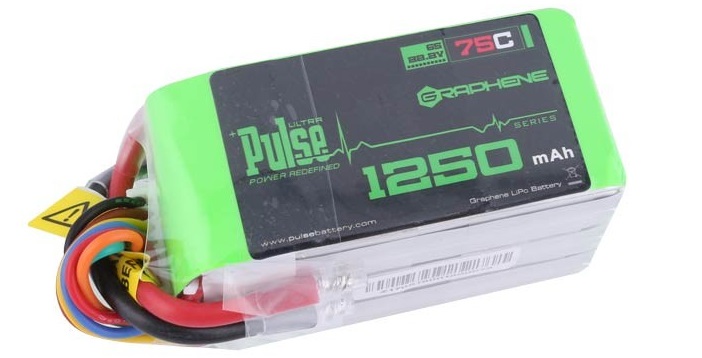Graphene based nano materials have many potential applications in energy related areas, especially in the energy storage application. The following are the some of the reasons why graphene is useful in multiple ways.
- graphene improves both energy capacity and charge rate in batteries
- activated graphene makes superior super capacitors for energy storage
- graphene electrodes may lead to a promising approach for making solar cells that are inexpensive, lightweight, and flexible;
- multi functional graphene mats are promising substrates for catalytic systems.
Application of Graphene in Batteries
Battery has been a key component of handheld devices, because of its renewable and clean nature.
Graphite is used in work as anode material in Li-ion battery, owing to its reversibility and reasonable capacity.
However, to meet the growing demand for Li-ion batteries with higher energy density and durability, new electrode materials with higher capacity and solidity need to be developed.
Among the carbonaceous materials, graphene-based anode has been proposed as one of the talented alternatives in Li-ion batteries as graphene has superior electrical conductivity than graphitic carbon, high surface area, and chemical acceptance.
A battery is composed of several electro-chemical cells that are connected in series and/or in parallel in order to provide the required voltage and capacity, respectively. Each cell is composed of a positive and a negative electrode, where the redox reactions take place.
The electrodes are separated by an electrolyte, usually a solution containing dissociated salts so as to enable ion transfer between the two electrodes.
Once these electrodes are connected externally, the chemical reactions proceed in tandem at electrodes, liberating electrons and providing the current to be tapped by the user.
Primary Alkaline Batteries or single use batteries are long lasting. They will give good performance in all battery devices. Most standard alkaline batteries give you similar performance, regardless of brand.
Rechargeable Alkaline Batteries use a revolutionary type of battery technology that provides the long life of alkaline cells, but can be reused 25 times or more.
Rechargeable batteries are ideal for many of your frequently used electronic devices. And because Rechargeable Alkaline Batteries give longer life per charge, hold their power in storage and are pre-charged when you buy them, they work far better than the old fashioned NiCd rechargeable batteries.
Using rechargeable alkaline batteries instead of single use, primary batteries will result in cost savings that can add up to hundreds of dollars.
Nickel Metal Hydride (NiMH) batteries meet the demanding power needs for today’s high tech devices, such as digital cameras, handheld TVs, two-way radios, and personal organizers.
NiMH batteries can last three times longer than any alkaline in digital cameras.
NiMH can be charged many hundred times resulting in cost savings that can add up to hundreds of dollars.
Heavy Duty Graphene Battery
Heavy duty batteries can be used in non-motor driven devices with low drain, such as radios, remote controls, smoke alarms and clocks.
In devices like these, heavy duty batteries will give good performance at a minimal initial cost.
However, over the lifetime of the application a rechargeable alkaline cell would provide a much better value and actually save you some money.
Most batteries can be stored for long periods of time. Heavy Duty batteries will retain more than 80 % of their power, even when stored at normal household temperatures for up to four years.
Single use alkaline and rechargeable alkaline batteries can be stored for up to seven years retaining 80% of its power.
NiMH batteries on the other hand have a fairly rapid self discharge losing about 40% of their rated capacity per month; hence, one pretty much has to recharge a NiMH battery before each use after prolonged periods of storage.
Discover more from Electrical Engineering 123
Subscribe to get the latest posts sent to your email.

